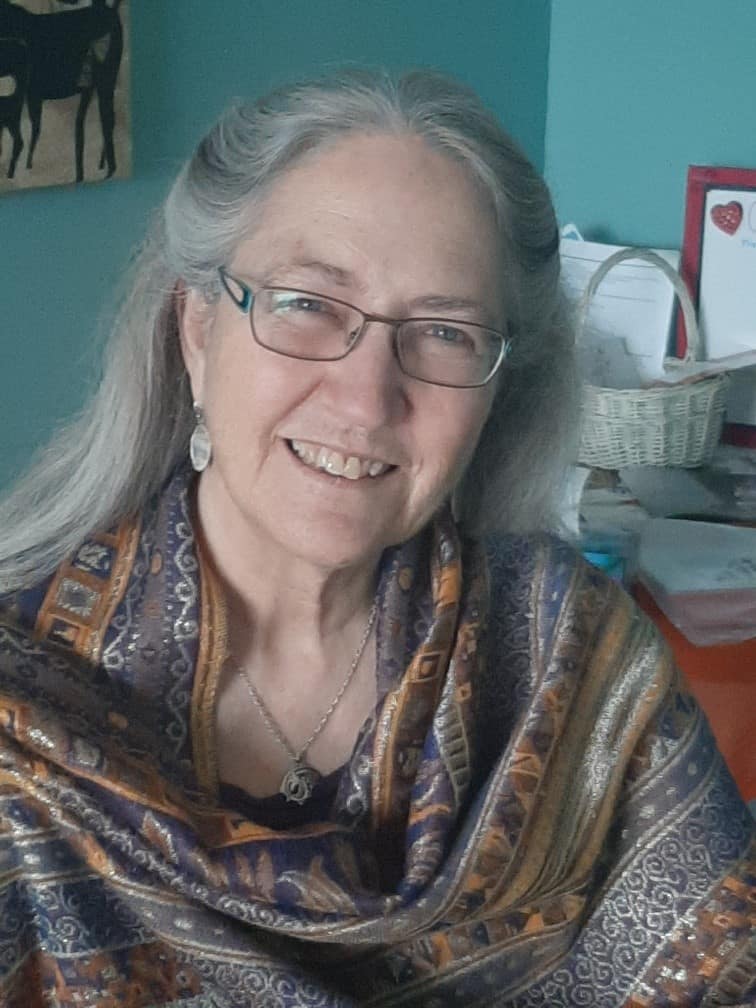Community building includes caring
According to Kate Quinn, the outgoing executive director of The Centre to End All Sexual Exploitation (CEASE), the work being done by CEASE was made possible in part by a combination of community awareness, community partnerships, and an episode of The Oprah Winfrey Show.
“CEASE was born out of community action, especially in the Alberta Ave and McCauley neighbourhoods,” says Quinn, “and I was first a volunteer on the community committee that eventually became known as the Prostitution Awareness and Action Foundation of Edmonton. [In] 2011, we renamed ourselves as CEASE.” Quinn had been executive director of CEASE since 2011.
The committee worked with law enforcement, street outreach workers, safe houses, and parents whose daughters had been victims of exploitation. She credits this coalition of community partners for creating CEASE as a “response to the visible exploitation of vulnerable children and youth in our neighbourhoods and the impact of men cruising our core communities.”
Quinn says they used to meet at the Alberta Avenue Community Hall. “We tried to see what [we could] do locally to make a difference.”
An episode of The Oprah Winfrey Show, explains Quinn, introduced the committee to an initiative being used in San Francisco known as the John school.
“By then the mayor and police chief had started a task force to look at the impact on communities and vulnerable people,” says Quinn. “We worked with the mayor’s office and the police chief and they sent two detectives down to San Francisco to observe this John school.”
Any doubts that a similar strategy should be used in Edmonton were quickly dispelled at the committee meeting following the detectives’ return.
“The detectives came to our meeting, and I was the volunteer chairperson at the time,” says Quinn. “Sitting next to the detectives was a petite, Indigenous woman. I knew her story, [but] nobody else did, and she chose that moment to say, ‘I used to be on the streets… and I think this John school is a good idea.’ And all around the circle everybody said, ‘Yes, we think it’s a good idea.’”
Quinn notes this resulted in the Adult Alternative Measures Program, in which men who were caught attempting to buy sex services would have to pay the equivalent of a fine, and the money collected would then be invested by the government into community programs that “would help heal the harm” caused by the men’s actions. Quinn adds this same investment is what provided the funds to start CEASE as a non-profit.
Since its foundation, CEASE has since grown to include six full-time staff and three part-time staff. Quinn adds she has seen the positive effects of her work, but notes challenges in helping those vulnerable to exploitation still exist. Amongst these are the increase in crystal meth use in the community and the use of the internet as a means for men to buy sexual services.
Despite this, however, Quinn is optimistic that CEASE is up to the challenge. She speaks highly of the incoming executive director, Liz John-West, and is excited to see how CEASE will grow under her direction.
Quinn says she will use her retirement to “rest, get fit, and reconnect with family and friends.”
As for her time at CEASE, Quinn speaks less of her own considerable accomplishments and instead reflects back on the organization’s roots as a community group.
“I think it’s very important to work as a community,” says Quinn. “[And] to keep expanding that circle and ask, ‘Who’s voice are we missing, and how do we need to grow so that we reflect the realities and the diversities of what is happening in our communities?’”
Andres is slowly studying nursing while working full time. He spends most of his free time either reading or going to used book stores. He has a collection of over 1,200 books.







